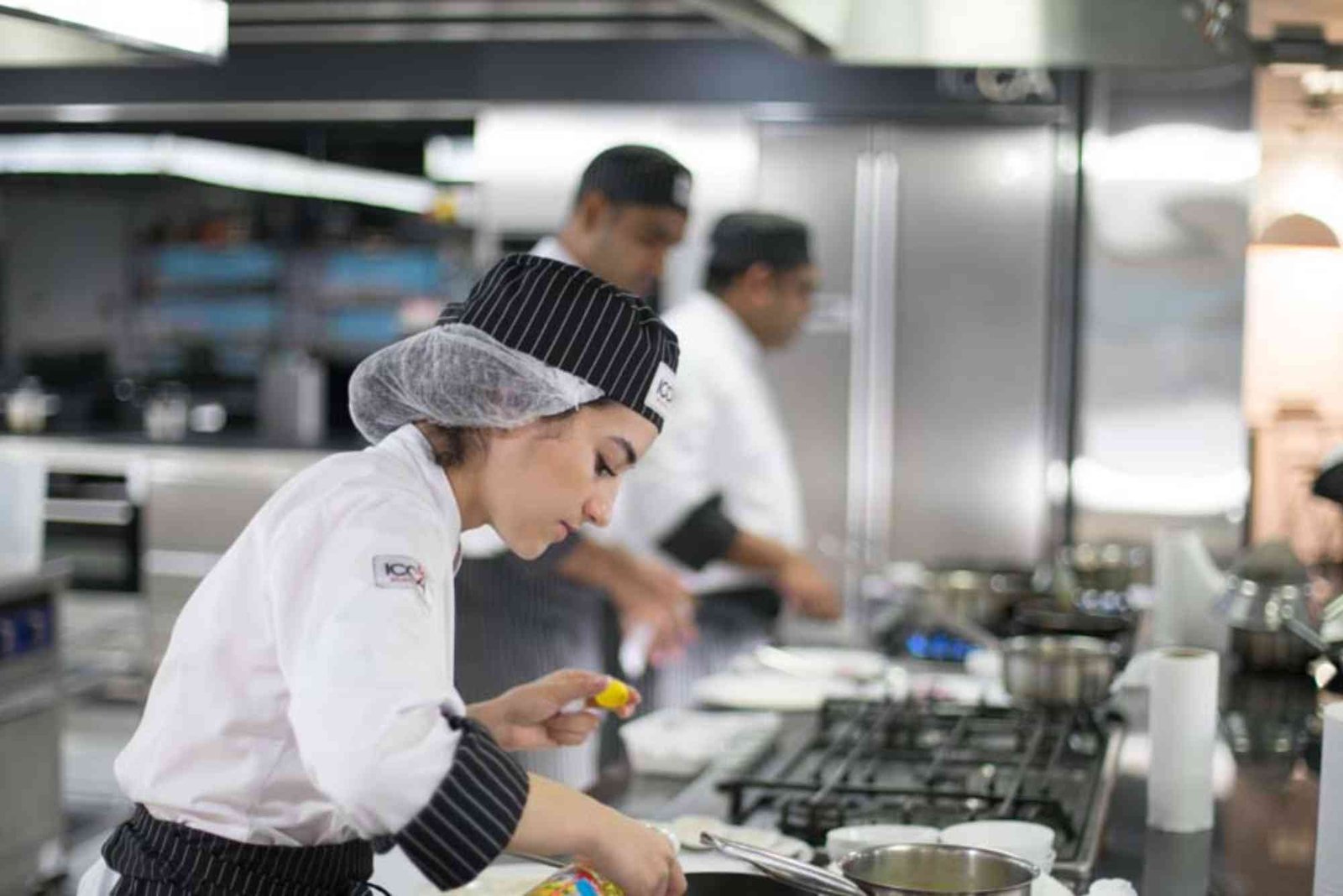Comprehensive Guide to Food Hygiene Training in Dubai
In Dubai, food hygiene is a top priority for businesses in the foodservice industry. From restaurants and catering companies to food manufacturers, ensuring the safety of food is critical to maintaining public health and adhering to local regulations. Food hygiene training equips individuals and businesses with the necessary knowledge to prevent contamination, comply with health codes, and promote a safe dining environment.
Why Food Hygiene Training is Essential
Food hygiene training is not just a legal requirement; it is a fundamental aspect of safeguarding the health of consumers. Poor hygiene practices can lead to foodborne illnesses, contamination, and a tarnished reputation for any food-related business. With Dubai’s growing food industry, maintaining high hygiene standards is crucial to ensuring that food is safe for consumption. Trained staff members play a vital role in upholding these standards by handling food responsibly, following sanitation protocols, and identifying potential hazards.
Key Components of Food Hygiene Training
Food hygiene training covers several important areas that help businesses establish and maintain proper hygiene protocols. These areas include the correct methods for food handling, cleaning, storing, and preparing food to avoid contamination. The training also includes knowledge of personal hygiene practices, the importance of temperature control, and recognizing the signs of spoiled food.
One of the key aspects taught in food hygiene training is understanding the role of bacteria in foodborne illnesses. Trainees learn about common bacteria such as Salmonella, E. coli, and Listeria, how they spread, and ways to prevent them from contaminating food.
The Role of Food Hygiene Certification in Dubai
Obtaining a food hygiene certification is often a mandatory requirement for businesses in Dubai to operate legally. It is essential for ensuring compliance with the Dubai Municipality’s Health and Safety Standards. Certification from recognized institutions proves that staff members are knowledgeable about food safety practices and are committed to maintaining high standards in the workplace.
The Dubai Municipality enforces strict hygiene regulations for establishments that serve or process food. As part of these regulations, businesses must ensure that their staff members attend food hygiene training and achieve certification. This not only helps with legal compliance but also builds trust with customers, reassuring them that the food they are consuming is safe.
How to Choose the Right Food Hygiene Training Program
When selecting a Food Hygiene Training in Dubai program in Dubai, it is essential to ensure the program is accredited and recognized by local authorities such as the Dubai Municipality. There are various online and in-person training programs available, offering both basic and advanced courses. Some programs even provide specific certifications that are relevant to the type of food establishment, such as restaurants, food delivery services, or manufacturing facilities.
Additionally, the best food hygiene training programs offer practical sessions, allowing trainees to apply their knowledge in real-world scenarios. This hands-on approach helps reinforce the concepts learned during the course and prepares individuals to effectively manage hygiene practices in their workplace.
Benefits of Food Hygiene Training in Dubai
Investing in food hygiene training in Dubai offers numerous benefits for both individuals and businesses. For businesses, it helps reduce the risk of foodborne diseases and ensures compliance with regulatory standards, which can lead to fewer fines and penalties. Trained staff members are also more efficient in maintaining hygiene practices, which results in better customer satisfaction and a positive reputation.
For individuals, food hygiene training opens up opportunities for career advancement in the food industry. It provides the necessary skills to work in a variety of roles, including food handling, kitchen management, and food safety inspection. With food safety becoming more crucial in the modern hospitality industry, having a certification in food hygiene can be a valuable asset for job seekers.
Food hygiene training is a crucial component of ensuring safe and high-quality food in Dubai’s thriving food industry. It helps businesses comply with local regulations, reduce the risk of contamination, and protect public health. Whether you’re a restaurant owner, food handler, or aspiring professional, food hygiene training is an investment that pays off in terms of safety, reputation, and career growth.
FAQs About Food Hygiene Training in Dubai
1. Is food hygiene training mandatory in Dubai?
Yes, food hygiene training is mandatory for food establishments in Dubai to comply with local health regulations.
2. How long does it take to complete food hygiene training?
Most basic food hygiene courses take 1 to 2 days to complete, while advanced courses may take longer.
3. How do I get certified in food hygiene in Dubai?
You can get certified by attending accredited food hygiene training courses offered by recognized institutions in Dubai.
4. Can I take food hygiene training online?
Yes, there are online food hygiene training programs available that offer certification upon completion.
5. What are the benefits of food hygiene training for businesses?
Food hygiene training ensures compliance with regulations, reduces the risk of foodborne illnesses, and enhances the overall reputation of the business.




